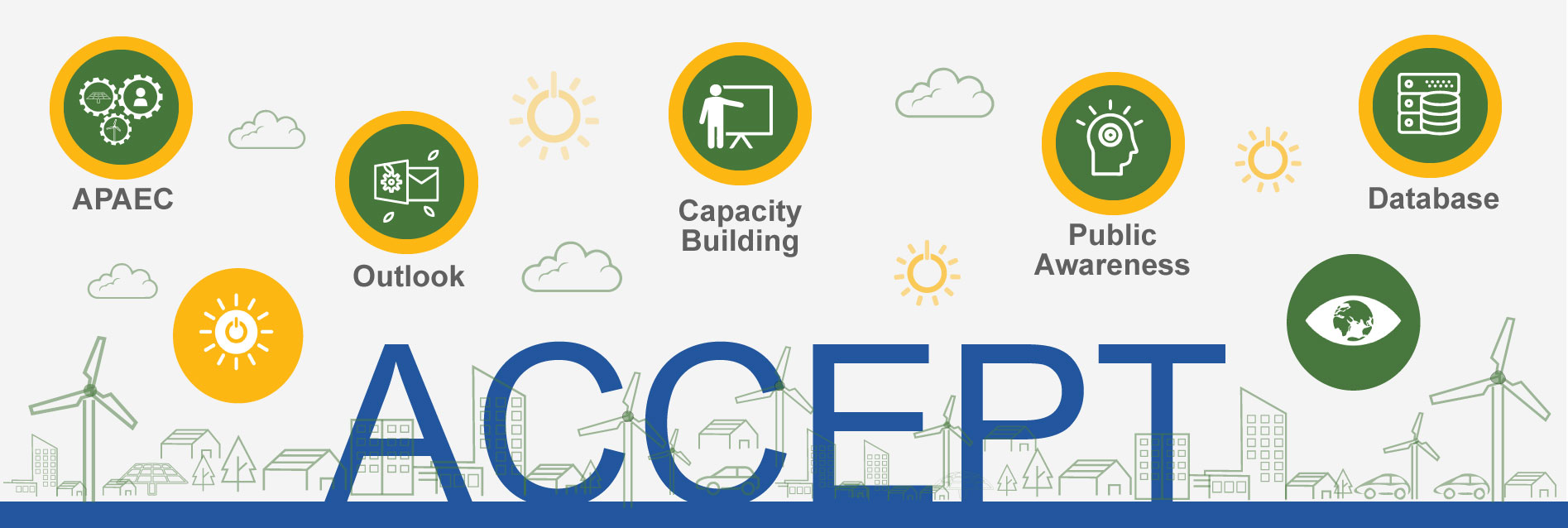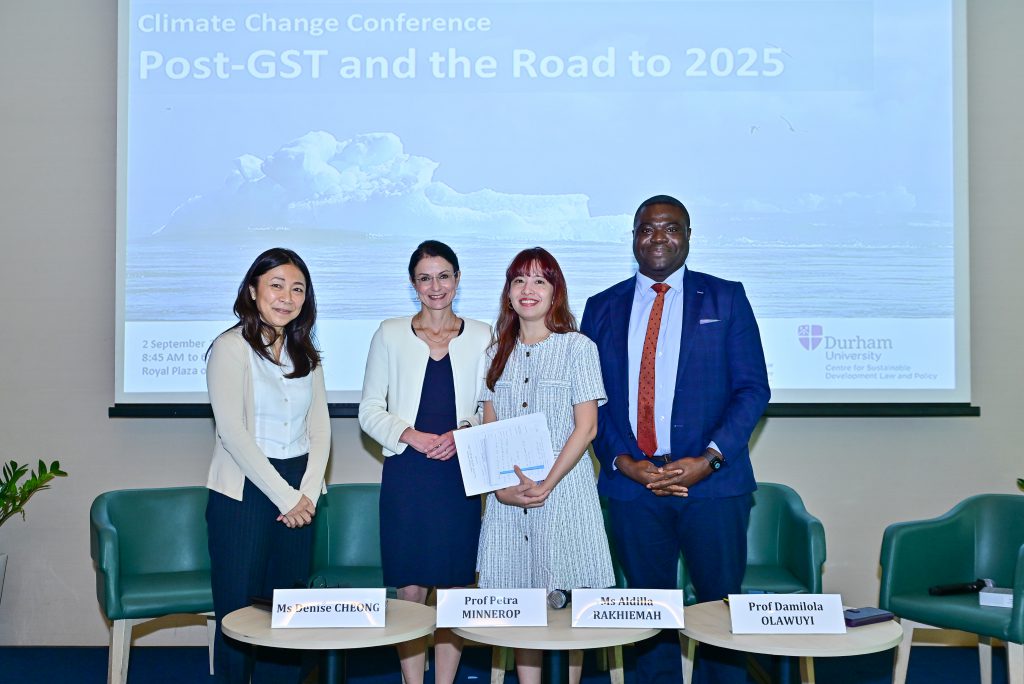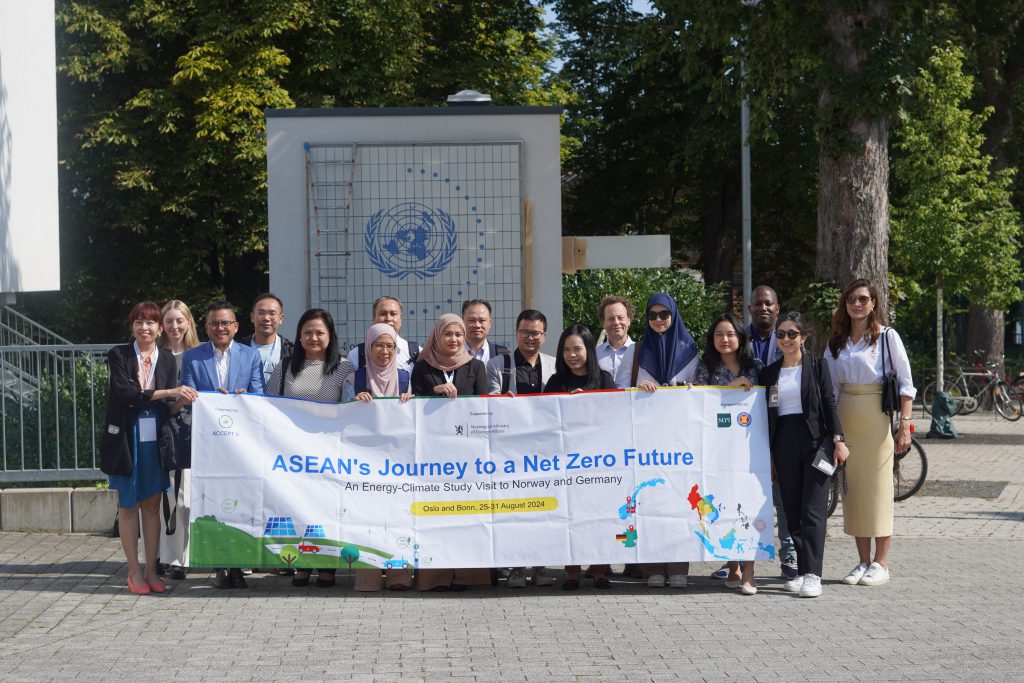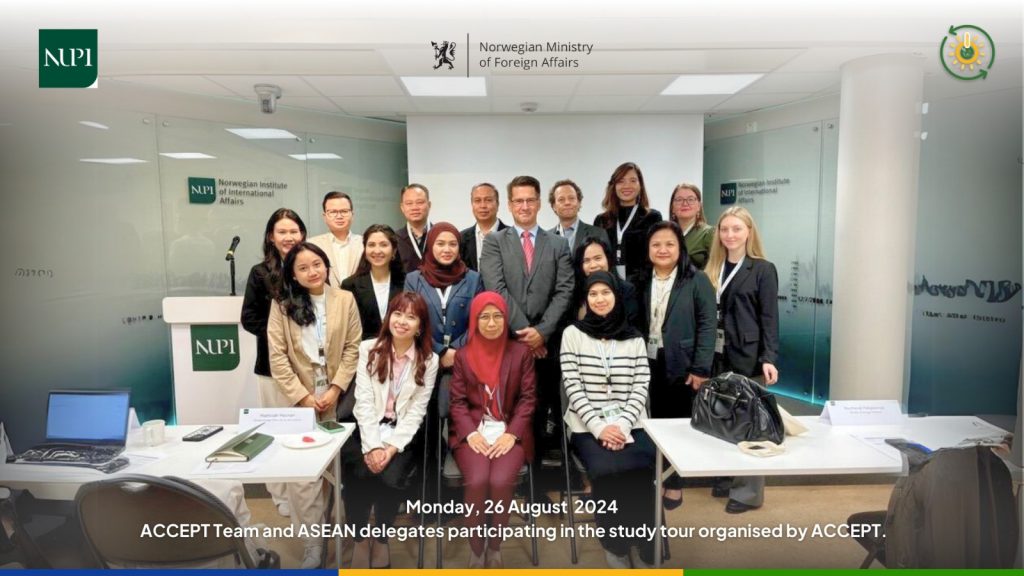Support in Building Capacity on Energy and Climate Change Nexus
Evidence is crucial to successful policy making. However, many individual or even institution that have lack the capacity to effectively access, appraise and apply research when making decisions.
Energy-climate sector is included, where the “silo” phenomenon between climate and energy policy exist due to lack the necessary capacity to undertake climate action on energy sector. Hence, it is important to build capacity on the energy-climate policy nexus among energy experts from ASEAN member states (Project Output 1.4), so that the implication of energy-related climate policy and sustainable development goals are increasingly address in the work by energy experts from ASEAN member states.
Through capacity building as well, ACCEPT aims to improve the national energy policies, via Regional Energy Policy and Sub-sector Network (REPP-SSN) Focal Points from the energy ministry or equivalent government institution in each ASEAN Member States (Project Output 1.3), so that national energy policies to a greater degree address coordination with national and regional energy and climate policies.
ACCEPT establishes the network of energy and climate change people who are the official representatives from their particular sector in each ASEAN Member States to strengthen ACE’s connections with energy experts across ASEAN (Project Output 2.2).
For internal organisation itself, ACCEPT also conducts a series of lecture and knowledge sharing as part of the capacity building on energy-climate nexus. It also aims to improve the quality of ACE output (Project Output 2.3).
As capacity building efforts need greater coordination, coherence, monitoring, review and reporting; ACCEPT will build the collaboration with external parties.
This activity is expected raise the awareness about the implications of energy-related climate policy and sustainable development goals among ASEAN energy experts and policy makers, reducing the “silo” phenomenon between climate and energy policy (Project Outcome 1) and to strengthen ACE capacity in energy-related climate policy (Project Outcome 2).




